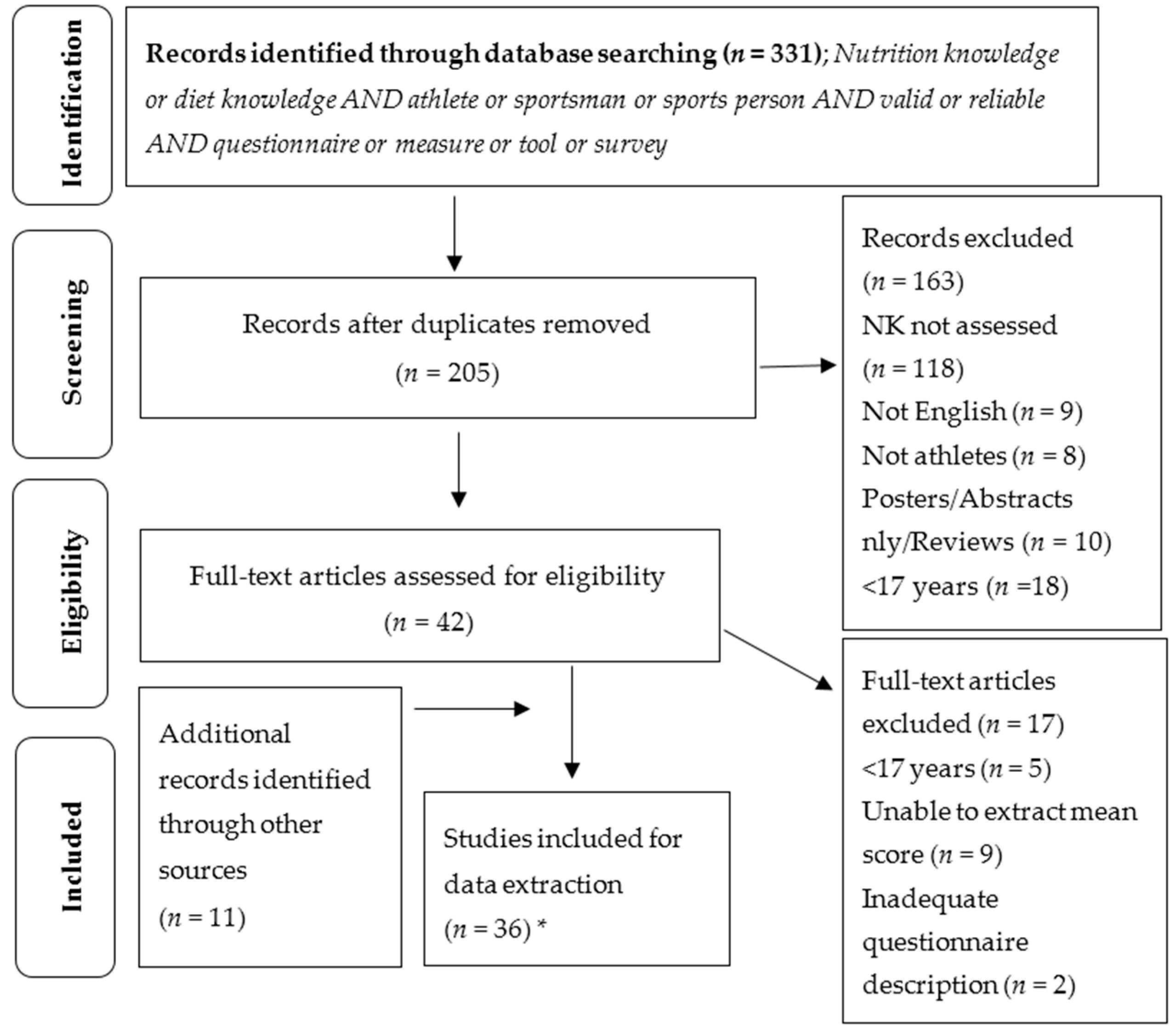2012b cWith the industrialization of alcohol production and the globalization of its marketing and promotion alcohol consumption and its related harms have increased. Short-term health risks Injuries Motor vehicle crashes Falls Drownings Burns.

Nutrition Recommendations For Those Who Consume Alcohol Boulder Medical Center
Long-term alcohol consumption can cause problems related to your brain liver cirrhosis steatosis alcoholic hepatitis fibrosis heart high blood pressure cardiomyopathy arrhythmias stroke pancreas pancreatitis and immune system.

. The caloric value of ethanol as fuel may be dose-related. Excessive alcohol use takes a toll on the liver and can lead to fatty liver disease steatosis hepatitis fibrosis and cirrhosis. Excessive alcohol use has immediate effects that increase the risk of many harmful health conditions.
The person also experiences blackouts and even though the person is conscious they do not remember or rarely. Damaging consequences of frequent and heavy alcohol use. Excessive alcohol use can cause cancers of the mouth and throat larynx voice box esophagus colon and rectum liver and breast in women.
When modern users talk about EtOH theyre rarely discussing pure ethanol. Alcohol is well-known to be a mitochondrial poison and a neurotoxin. The less alcohol a person drinks the lower the risk of cancer.
Chronic alcohol abuse is associated with high cholesterol and triglyceride levels hypertension pancreatitis and liver disease. Heavy drinking takes a toll on the liver and can lead to a variety of problems and liver inflammations including. Cardiomyopathy Stretching and drooping of heart muscle.
Over consumption of alcohol can negatively impact nutrition in a number of ways such as. Ethanol is a powerful depressant that affects the central nervous system. The Alcohol and Alcohol Problems Science Database commonly referred to as ETOH is the most comprehensive online resource covering all aspects of alcohol abuse and alcoholism.
Caloric value bioenergetics and relationship to liver damage. The New Jersey Department of Health reports for example that inhaling ethanol can irritate the nose throat and lungs. The impact of alcoholnutrition interactions has been assessed for several organs and tissues including the intestine where heavy alcohol use can increase intestinal permeability and the liver where the degree of malnutrition can be associated with the severity of liver injury and liver disease.
Poor nutrition or reflect alcohols direct effect on the mucosa. Over time excessive alcohol use can lead to the development of chronic diseases and other serious problems. Also the department reports that exposure to ethanol can cause headaches nausea and drowsiness.
Substance abuse especially alcohol abuse is associated with an increased risk of metabolic syndrome which consists of increased abdominal obesity hyperglycemia abnormal cholesterol and hypertension. It increases acid secretion by the stomach which can injure the lining of the small intestine and interfere with the ability to absorb vital nutrients. Musculoskeletal health risks.
Consuming too much alcohol can also cause a disruption to the production of vitamin D which is needed for calcium absorption. Alcohol irritates the gastro-intestinal system. Alcohol and Nutrition.
For exam-ple alcohol distinctly impairs esophageal motility and even a single drinking. Alcohol abuse can cause a calcium imbalance in the body which is an important nutrient to maintain healthy bones. Drinking small amounts of alcohol may bring certain health benefits but there can be dietary problems related to even a modest intake.
These are most often the result of binge drinking. According to the University of Illinois at Urbana-Champaign heart and blood vessel-related examples of these effects include high blood pressure heartbeat irregularities stroke and congestive heart failure. How Ethanol Affects the Body.
Produced by the National Institute on Alcohol Abuse and Alcoholism NIAAA ETOH contains over 110000 records and is accessed by both researchers and clinicians worldwide. The use of alcohol can interfere with the ability of the individual to meet their nutritional needs. As a result alcoholics encounter nutritional problems at various stages of alcoholism.
Alcohol consumption can affect the esophagus in several ways. Alcohol has been a part of human culture for all of recorded history with almost all societies in which alcohol is consumed experiencing net health and social problems McGovern 2009. Ethanolalcohol abuse causes the user to engage in risky behavior like driving rashly without caution and making poor judgments.
Over time alcohol-related organ damage poor nutrient absorption and clinical malnutrition can have serious or fatal effects on the body of an alcoholic. Brain cell death nerve damage memory loss dementia brain damage brain shrinkage and cognitive dysfunction. Arrhythmias Irregular heart beat.
Because of their high alcohol content 190-proof grain alcohols such as moonshine are banned from use in Maryland and at least a dozen other states. It can lead to problems in the brain heart liver pancreas and immune system. One way alcohol consumption can affect nutrition status is by displacing healthier foods from the diet.
Most evidence suggests that at moderate intake levels of less than 45 gday 3 drinks ethanol is efficiently utilized as a fuel. Finally chronic alcohol abuse increases the incidence of tooth decay gum disease and loss of teeth Kranzler et al. Some alcoholics ingest as much as 50 percent of their total daily calories from alcohol often neglecting important foods.
Food Science Nutrition Vol 8 No 8

Nutrients Free Full Text A Systematic Review Of Athletes And Coaches Nutrition Knowledge And Reflections On The Quality Of Current Nutrition Knowledge Measures Html

Clinical Nutrition In Critical Care Medicine Guideline Of The German Society For Nutritional Medicine Dgem Clinical Nutrition Espen
0 Comments